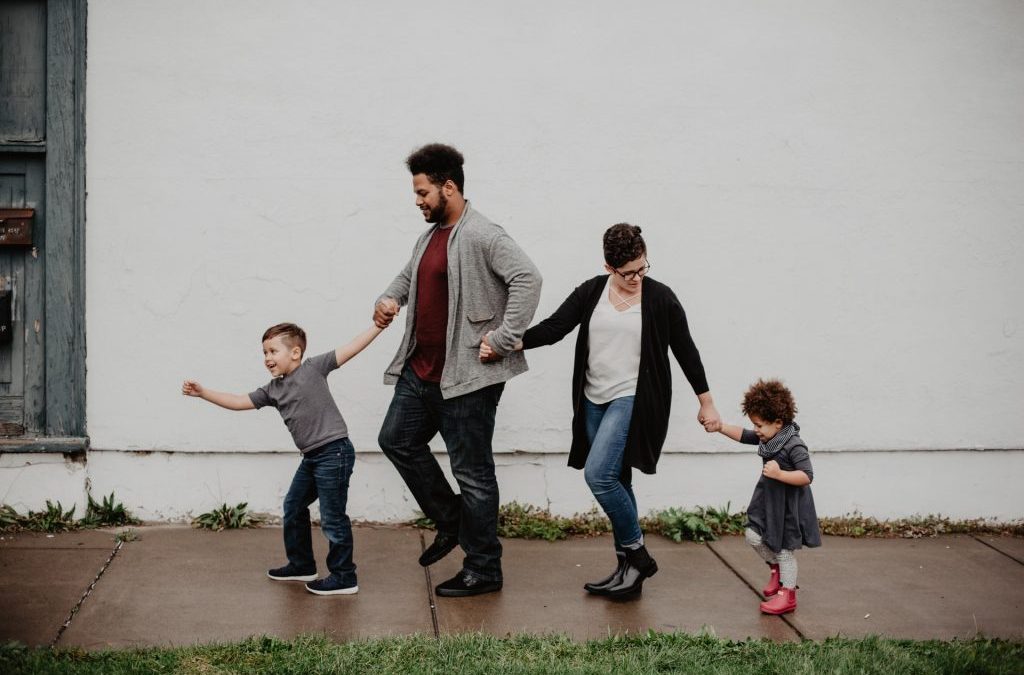
Returning to Work in Massachusetts
As part of an executive order from Governor Charlie Baker, nannies and other household employees may return to work in Massachusetts provided families comply with state mandatory safety standards for their homes.

As part of an executive order from Governor Charlie Baker, nannies and other household employees may return to work in Massachusetts provided families comply with state mandatory safety standards for their homes.

From rising minimum wage rates to expanding domestic worker protections to new health benefits, here are 9 developments in household employment for 2020 that families with domestic help should know.

A recent court ruling means au pairs in Massachusetts must be paid at least the state’s minimum wage rate and time-and-a-half for overtime among other domestic worker protections. Here’s what host families in the state should do now considering the court’s decision.

Across the country, states and cities enacted a number of laws – from minimum wage increases to paid family and medical leave to domestic worker protections – that had significant impacts on the household employment industry. Here are 11 of the biggest household employment compliance highlights from 2019.

Starting October 1, all Massachusetts employers, including families that have hired an employee to work in their home, have new responsibilities under the state’s Paid Family and Medical Leave law. Here’s what you need to know.